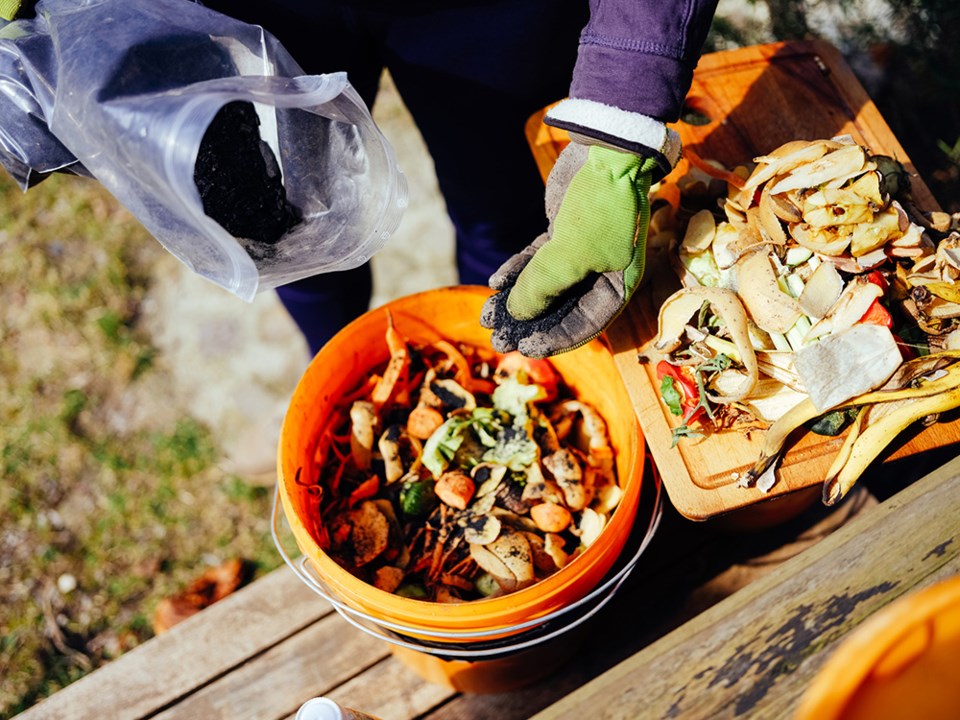After all our comings and goings over the holidays, we eventually find ourselves back home.
No matter where our wanderings may have taken us, down the block or across borders, many of us have been reflecting on the year gone by. Whatever our experience of it, we usually aim to grow and improve. While our wishes trend toward the personal, woven into our tapestry of dreams for the future, there is the underlying thread of caring for the earth, which supports our very presence on it.
Change doesn’t have to be dramatic to be effective. We climb mountains one step at a time. Small shifts in personal habits can result in noticeable improvements over time. This is often the way of nature as well, carving rivers through mountains over centuries, one grain of sand at a time.
A feel-good first step to a more sustainable household is to return your food scraps, food-soiled paper products and yard trimmings to the earth. If you don’t currently have the outdoor capacity to compost at home, consider indoor options such as Bokashi – a form of fermentation that doesn’t create unpleasant odour, but does require a secondary step involving burying the fermented material in the ground – or worm composting, which asks for regular attention, but produces incredible compost for houseplants. If neither of these are available, you are welcome to participate in the ongoing free community composting pilot program by dropping off compostables at the Town Centre Recycling Depot (next to RONA).
Expanding what your household recycles might be facilitated by investing in a set of bins to make organizing easier. Because of the plethora of materials available for recycling these days, having five bins or more is ideal: one for refundable beverage containers (recently expanded to include milk and milk substitutes, but excluding cream and drinkable yogurt); a second bin for plastic, metal and paper containers (which expanded January 1 to include single-use plastic utensils and packaging-like products such as plastic food storage containers); a third for paper (excluding plastic-lined paper chip and coffee bags); a fourth for plastic bags and flexible plastic packaging, such as most snack wrappers (this used to be two categories, but as of January 1 ‘plastic bags and overwrap’ and the category known as ‘other flexible plastic packaging’ combined into one category); and a fifth bin for everything else, which can be sorted out at depots (household batteries, light bulbs, polystyrene, pens and wine cork).
For a full list of materials recyclable in qathet Regional District, download the qathet Waste Wise app or check out the Waste Wise Guide and Waste Wizard online and get the new year started right. Stay tuned in January for the expanded list of materials that will be accepted curbside and at depots by Recycle BC.
Let’s Talk Trash is contracted by qathet Regional District to deliver its waste reduction education program. For more information, email [email protected] or go to LetsTalkTrash.ca.



